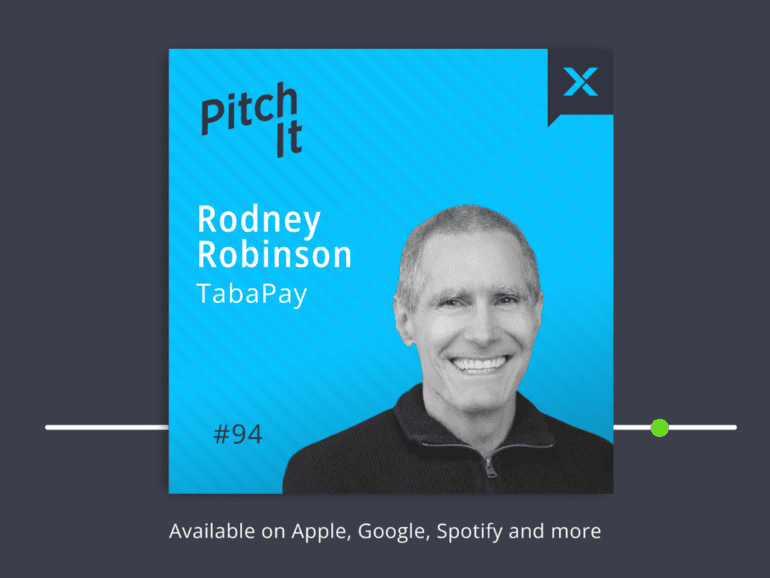On today’s episode, I am joined by Rodney Robinson, President & Co-Founder of TabaPay.
Rodney and I discuss the shift toward faster payments, what that means for the overall payments market, and where the US sits today in payments innovation. TabaPay is a platform built for real-time money movement.
One quick PSA. If you want to reach the best fintech community around we have all the tools you need to shape your message and reach new clients. Sponsor an episode, sponsor a webinar, buy ad space; we have it all. Please reach out anytime: todd@fintechnexus.com.
Without further ado, I present Rodney Robinson, President & Co-Founder of TabaPay. I hope you enjoy the show.
Episode highlights include:
- TabaPay’s founding story
- There And Back Again
- Faster payments costs
- FedNow
- The banking crisis
- US vs. International payments systems
- Raising capital
- Recommended reading – The Martian by Andy Weir
- And much more…
Connect with Rodney on LinkedIn
Connect with TabaPay on LinkedIn
Connect with PitchIt:
- Tweet me @ToddFintech
- Connect with me on LinkedIn
- Find previous PitchIt episodes
- Email me at todd@fintechnexus.com
Until next time.


